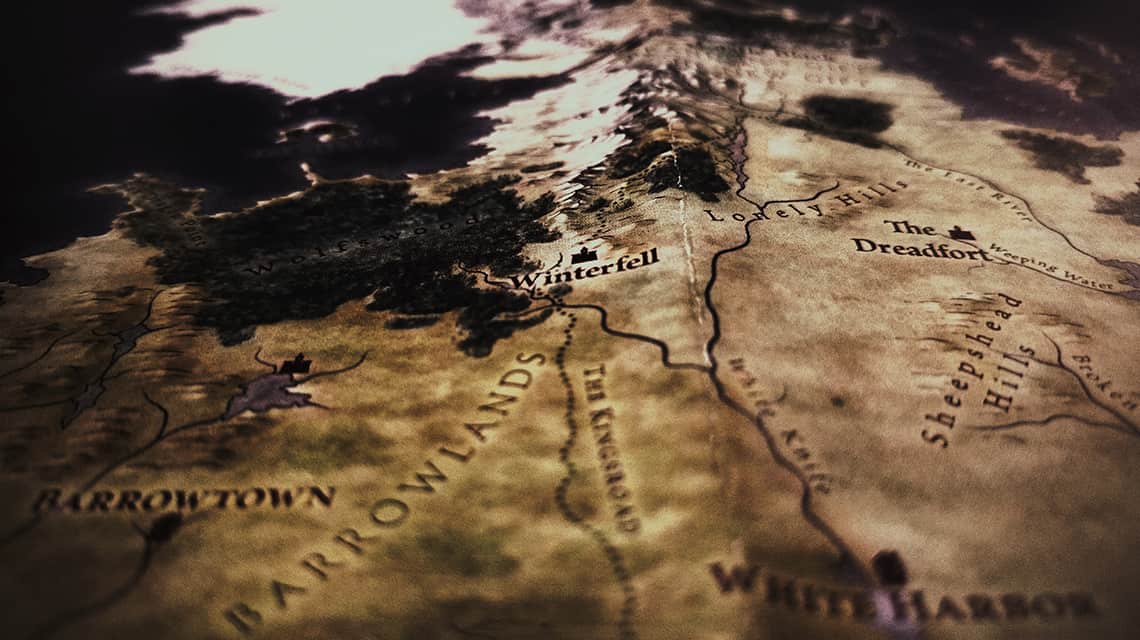Behind the Music: Game of Thrones
Learn what’s behind the music of Game of Thrones, one of the most popular shows in history with over 16 million viewers tuning into season 7’s premiere alone.

With a startling 16 million viewers tuning into the season seven premiere alone, it’s safe to say that fans across the world were humming along with the familiar Game of Thronestheme song as the episode began. Ramin Djawadi is the composer behind the theme, and though you may not have heard his name before, you’ve undoubtedly heard his music in the scores of Westworld, Iron Man, Pacific Rim, and of course, the entire Game of Thrones series.
At nearly two minutes in length, the Game of Thrones main theme is unusually long for a series theme. Djawadi chose the cello as the main instrument, with the intention of creating a “dark” sound. From a music theory perspective, however, the alternation between minor and major triads throughout the theme creates a sense of majesty and triumph to combat the ominous sounds. The result is a beautiful marriage between good and evil, and a perfect reflection of the series itself.

If you’re familiar with Game of Thrones, you’ll know that there are a lot of houses and characters. A lot. Djawadi has composed an individual leitmotif (or theme) for each house, as well as for a few locations and characters. Due to the sheer amount of themes, Djawadi carefully integrates them one at a time, over long periods, so as to not confuse the audience. For example, the House Stark theme was the first theme to be composed for the series, and it is prominent beginning in season one. The House Lannister theme (“The Rains of Castamere“), however, though briefly touched in season one, does not become prominent until the end of season three.
Djawadi also uses a variety of instruments in his compositions to clearly differentiate between moods and characters. From hammered dulcimers to didgeridoos to Armenian duduks, Djawadi keeps the listener guessing from season to season. In fact, the piano, one of the most popular instruments played, is not even introduced into the score until the end of season six in the series. Djawadi’s intention with adding the instrument so deep into the show was to dip into the audience’s subconscious, sounding the alarm that something different is about to happen. And we’re not going to give you any major spoilers, but let’s just say something certainly does happen in season six, episode ten, when Djwadai’s composition “Light of the Seven” begins to sound.
The genius behind the entire score of Game of Thrones is in the evolution of the music. Not only does Djawadi expand upon individual character themes over the seasons, like Daenerys Targaryen for example, but he also finds ways to integrate and combine different themes throughout the entire series. There are moments with both the Stark and Lannister themes playing simultaneously, as well as moments where the main theme creeps into individual character themes. The result is an incredibly complex, yet intentional harmony that allows the listener to be taken on a journey they otherwise wouldn’t experience.
Djawadi’s ability to pull on the audience’s emotion through the music of Game of Thrones is unparalleled, and we can’t wait to see what he does next! Check out the video below for an exclusive interview from Djawadi with HBO. But we’re giving you a fair warning: this video contains spoilers!
Disclosure of Material Connection: Some of the links in the post above may be "affiliate links." This means if you click on the link and make a purchase, Musicnotes will receive an affiliate commission. We are disclosing this in accordance with the Federal Trade Commissions 16 CFR, Part 255: "Guides Concerning the Use of Endorsements and Testimonials in Advertising."

